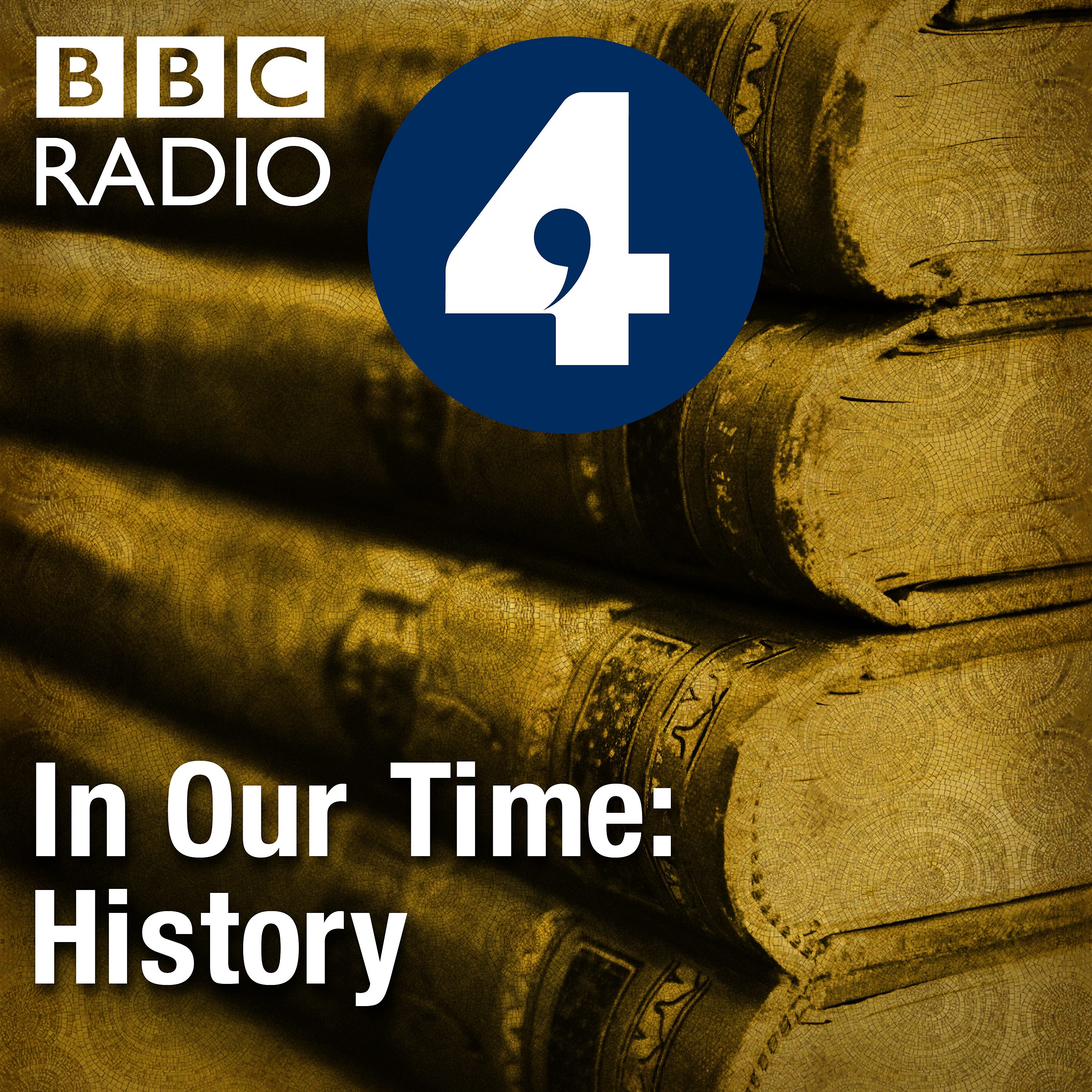The Morant Bay Rebellion
Description
Melvyn Bragg and guests discuss the rebellion that broke out in Jamaica on 11th October 1865 when Paul Bogle (1822-65) led a protest march from Stony Gut to the courthouse in nearby Morant Bay. There were many grounds for grievance that day and soon anger turned to bloodshed. Although the British had abolished slavery 30 years before, the plantation owners were still dominant and the conditions for the majority of people on Jamaica were poor. The British governor suppressed this rebellion brutally and soon people in Jamaica lost what right they had to rule themselves. Some in Britain, like Charles Dickens, supported the governor's actions while others, like Charles Darwin, wanted him tried for murder.
The image above is from a Jamaican $2 banknote, printed after Paul Bogle became a National Hero in 1969.
With
Matthew J Smith
Professor of History and Director of the Centre for the Study of the Legacies of British Slavery at University College London
Diana Paton
The William Robertson Professor of History at the University of Edinburgh
And
Lawrence Goldman
Emeritus Fellow in History at St Peter’s College, University of Oxford
Producer: Simon Tillotson
More Episodes
Published 10/31/24
Melvyn Bragg and guests discuss the notorious attack of 4th of May 1886 at a workers rally in Chicago when somebody threw a bomb that killed a policeman, Mathias J. Degan. The chaotic shooting that followed left more people dead and sent shockwaves across America and Europe. This was in...
Published 10/31/24
Melvyn Bragg and guests discuss one of the major figures in Victorian British politics. Disraeli (1804 -1881) served both as Prime Minister twice and, for long periods, as leader of the opposition. Born a Jew, he was only permitted to enter Parliament as his father had him baptised into the...
Published 10/17/24


